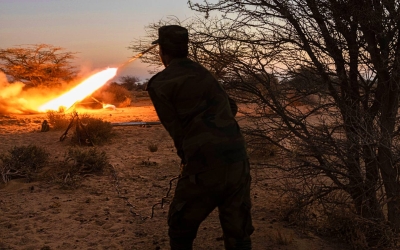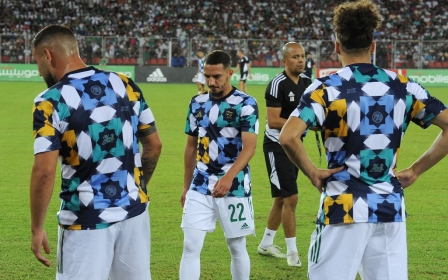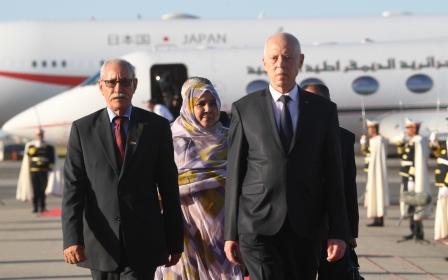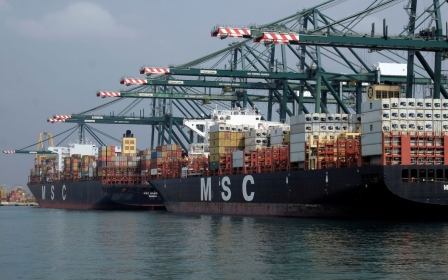Algeria nears deal with Turkey to buy Anka drones
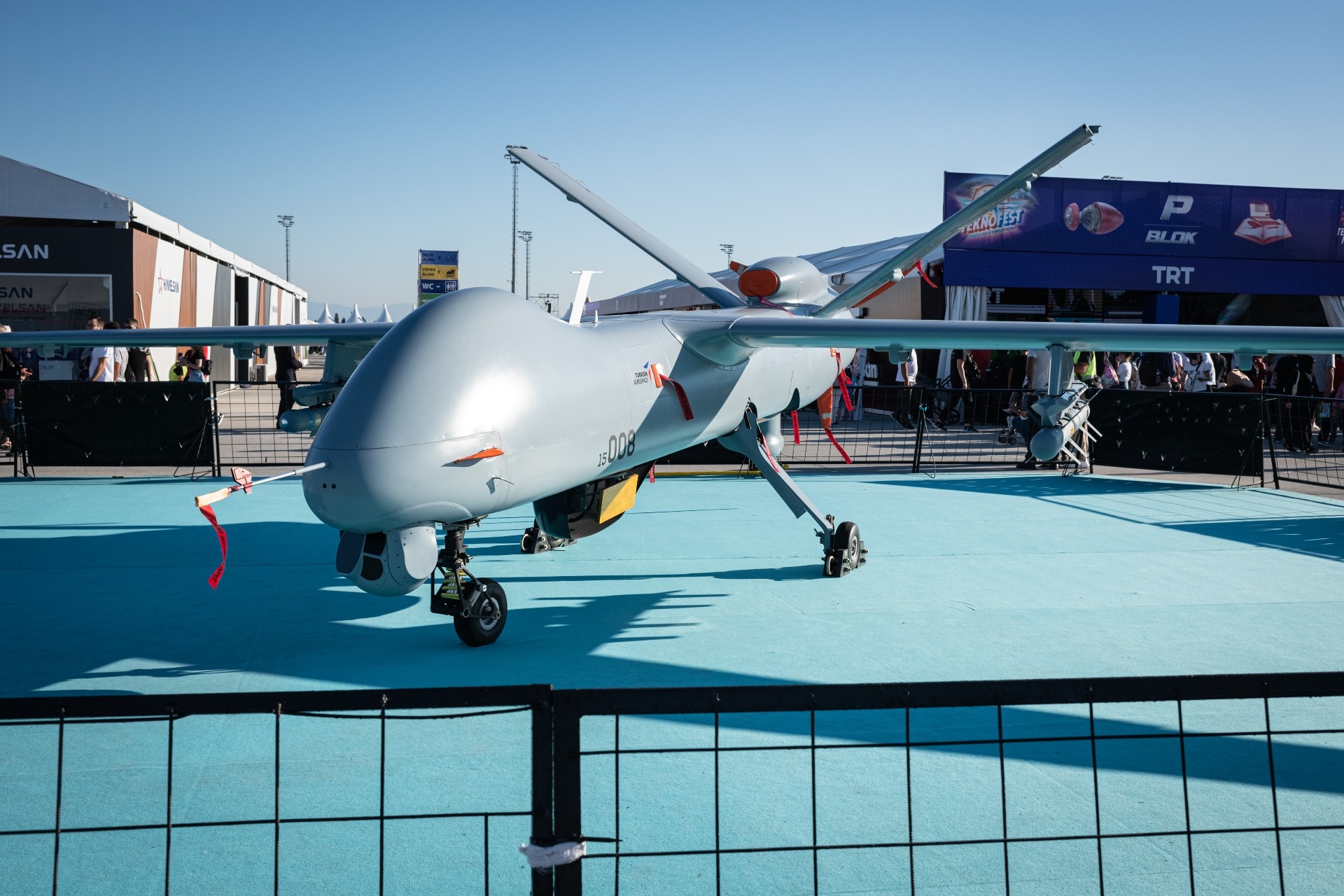
When a suspected Moroccan drone strike killed three Algerians in November 2021 near the Western Sahara town of Bir Lahlou, a furious Algiers blamed Turkey.
Though there was no concrete proof, Algerian officials believed Morocco, which for a year had been battling the separatist Polisario Front in the territory, used Turkish-made Bayraktar TB2 drones in the strike on a truck convoy.
Algiers was furious, accusing Ankara of taking sides between two North African countries. Turkey has longstanding friendly relations with both.
In September 2021, Morocco received the first of 13 armed drones it bought for a reported $70m from private Turkish firm Baykar.
Moroccan drone strikes against Polisario targets soon followed, though the Sahrawi independence movement had claimed Chinese- and Israeli-made drones had previously been used against them as well.
New MEE newsletter: Jerusalem Dispatch
Sign up to get the latest insights and analysis on Israel-Palestine, alongside Turkey Unpacked and other MEE newsletters
In response, Turkish diplomats have taken a more balanced approach, multiple sources told Middle East Eye. When it comes to the thorny issue of Western Sahara, 80 percent of which is controlled by Morocco but claimed by the Algerian-backed Polisario Front as an independent country, Ankara has been equivocal. It has never recognised Western Sahara’s independence, but nonetheless backed UN-led efforts to resolve the issue.
In subsequent conversations, Ankara conveyed to Algiers a simple message through its ambassador: we are open for business with you as well.
During months-long negotiations, Algeria inspected all available Turkish combat drones. Talks progressed with the help of Turkish ambassador Mahinur Ozdemir, a fluent French speaker and political appointee with a direct line to Turkish President Recep Tayyip Erdogan for when any issues arose.
Ultimately, the Algerians opted against the famed Bayraktar TB2s, large combat drones with proven experience in Ukraine, as well as Syria, Libya and Nagorno-Karabakh. Instead, Algiers purchased 10 units of Anka-S drones, produced by state company Turkish Aerospace Inc, two sources familiar with the negotiations told MEE.
The Anka-S is a medium-altitude, long-endurance, unmanned aerial vehicle (MALE UAV), which can fly for 30 hours non-stop. Thanks to its satellite link, the Anka-S can cover a much larger area than other options, which means it's useful in places like North Africa with its thousands of miles of desert.
Sources now say the deal was finalised last week and Algeria is expected to formally approve it in the coming weeks. It isn’t immediately clear what the Moroccan reaction will be.
Rabat has a testy relationship with Ankara, as it sees Turkey’s ruling Justice and Development Party (AKP) as an Islamist force that resonated in Morocco when the Moroccan party of the same name was in government, from 2011 to 2021.
The new Moroccan government has not shied from criticising Ankara through its mouthpiece newspapers when Turkey has been at odds with Saudi Arabia.
The Algerian government has been approached for comment.
Relations between Algeria and Morocco are at a nadir, with Algiers cutting all diplomatic ties with Rabat in 2021, citing “hostile acts”.
Algeria backs the Polisario Front in its fight for Western Sahara’s independence, which erupted in conflict after a three-decade ceasefire broke down in November 2020.
Morocco, meanwhile, has been accused of hacking Algerian officials’ phones with Israeli Pegasus spyware and has expressed support for a breakaway movement within Algeria.
This article is available in French on Middle East Eye French edition.
Middle East Eye delivers independent and unrivalled coverage and analysis of the Middle East, North Africa and beyond. To learn more about republishing this content and the associated fees, please fill out this form. More about MEE can be found here.


